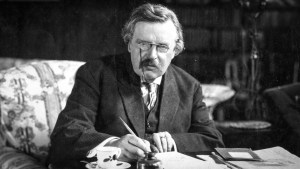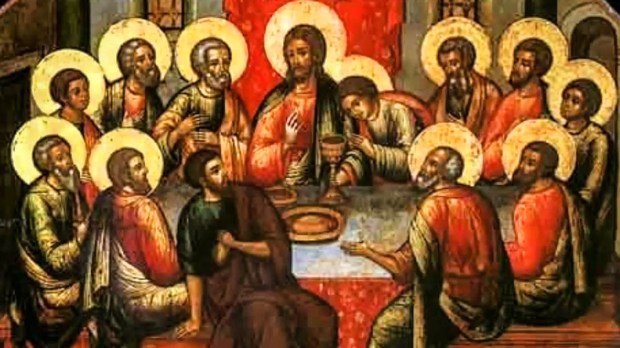[Today at the general audience, Pope Francis began a new catechesis series on the Eucharist. He referenced the martyrs we present to you in this article. Read about the pope’s audience here: The Mass isn’t a show, says pope, chiding those who take cell phone pictures during liturgy]
The “Martyrs of Abitene,” martyred in 303, were Christians who lived in Abitene, a city of the Roman province called “Africa Proconsularis,” today’s Tunis. They were victims of Emperor Diocletian’s persecution, initiated after years of relative calm.
The emperor Diocletian ordered that “the sacred texts and holy testaments of the Lord and the divine Scriptures be found, so that they could be burnt; the Lord’s basilicas were to be pulled down; and the celebration of sacred rites and holy reunions of the Lord were to be prohibited” (Acts of the Martyrs, I).
Disobeying the emperor’s orders, a group of 49 Christians of Abitene (among them Senator Dativus, the priest Saturninus, the virgin Victoria, and the reader Emeritus) gathered weekly in one of their homes to celebrate Sunday Mass. Taken by surprise during one of the meetings in Octavius Felix’s home, they were arrested and taken to Carthage to Proconsul Anulinus to be interrogated.
When the Proconsul asked them if they kept the Scriptures in their homes, the martyrs answered courageously that “they kept them in their hearts,” revealing that they did not wish to separate faith from life.
During their torture and torment, the martyrs uttered exclamations such as: “I implore you, Christ, hear me,” “I thank you, O God,” “I implore you, Christ, have mercy.” Along with their prayers they offered their lives and asked that their executioners be forgiven.
Among the testimonies is that of Emeritus, who affirmed fearlessly that he received Christians for the celebration. The Proconsul asked him: “Why have you received Christians in your home, transgressing the imperial dispositions?” Emeritus answered: “Sine dominico non possumus” (“We cannot live without Sunday”).
“The term ‘dominicum’ has a triple meaning. It indicates the Lord’s day, but also refers to what constitutes its content — His Resurrection and presence in the Eucharistic event.”
The motive of martyrdom must not be sought in the sole observance of a precept, because in that period the Church had not yet established in a formal way the Sunday precept. Deep down was the conviction that Sunday Mass is a constitutive element of one’s Christian identity and that there is no Christian life without Sunday and without the Eucharist.

Read more:
What would Chesterton think of “spiritual but not religious”?
In the commentary that the writer of the Acts of the Martyrs made to the question posed by the Proconsul to martyr Octavius Felix: ‘I am not asking you if you are a Christian, but if you have taken part in the assembly or if you have a book of the Scriptures,’ the commentator wrote these provocative words:
“O foolish and ridiculous question of the judge! As if a Christian could be without the Sunday Eucharist, or the Sunday Eucharist could be celebrated without there being a Christian! Don’t you know, Satan, that it is the Sunday Eucharist which makes the Christian and the Christian that makes the Sunday Eucharist, so that one cannot subsist without the other, and vice versa?”
The commentary on the martyrs concluded with these sobering thoughts: “When you hear someone say ‘Christian,’ know that there is an assembly that celebrates the Lord; and when you hear someone say ‘assembly,’ know that a Christian is there.”
The message left by the martyrs of Abitene: “We cannot live without Sunday” is highly appropriate for us on the day when we celebrate our deepest identity as Christians: members of the Body of Christ who have been given an extraordinary gift in the bread and wine of the Eucharist.
Strengthened and encouraged by the example of the Martyrs of Abitene, let us pray that we become what we receive in this great Sacrament and on this great feast.

Read more:
No shopping or housework on Sunday? Sign me up!

Read more:
A lesson for parents: Don’t drag your children to Mass for the wrong reasons
__
This piece is reprinted from a slightly modified version here, by kind permission of the author. Fr. Thomas Rosica, C.S.B., is the C.E.O. of Canada’s Salt and Light Catholic Media Foundation

